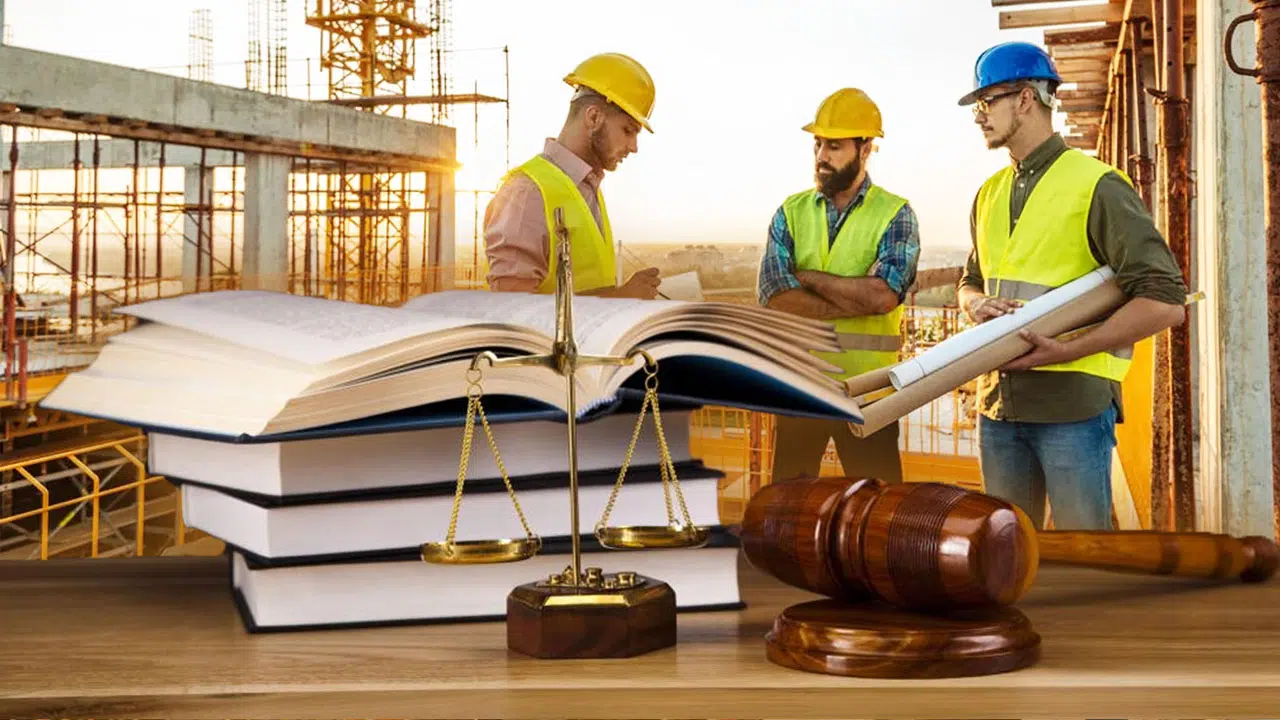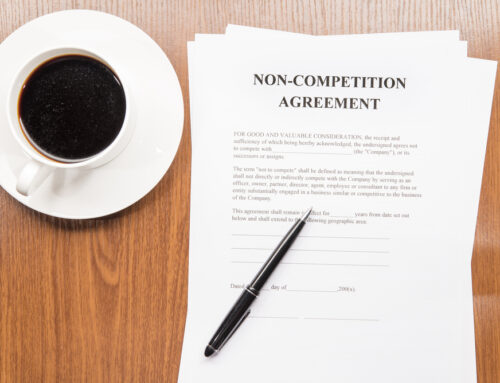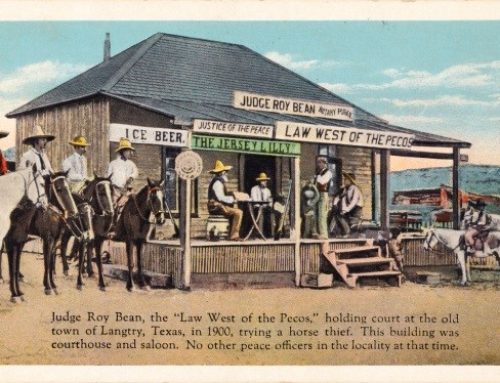Texas Construction is Booming
The construction industry in Texas is booming. The impact of this growth has been massive, with construction contributing roughly $93 billion (4.2%) to the state’s GDP in 2021.
With homes and buildings going up everywhere, construction law disputes are almost certain to occur. Builders, residential homeowners, commercial building owners and construction subcontractors must be able to avoid (or quickly resolve) these disputes in order to maintain profitability. Here are seven common legal issues in construction and tips on how to avoid them.
With homes and buildings going up everywhere, construction law disputes are almost certain to occur. Builders, residential homeowners, commercial building owners and construction subcontractors must be able to avoid (or quickly resolve) these disputes in order to maintain profitability. Here are seven common legal issues in construction and tips on how to avoid them.
7 Common Legal Issues in Construction
Legal disputes in the construction industry can be costly and time consuming. Here are the most common problems construction businesses face.
1. Construction Contract Disputes
Contracts are the core of most disputes. The disagreements usually result from poorly drafted or incomplete contracts. In 2020, the most common cause for these disputes was failure to understand or comply with the obligations set forth in contracts, a factor which appears to have been exacerbated by the pandemic. Disagreements may arise concerning what is included in the agreement, what is expected of each party, etc.
2. Mechanic’s Liens
Filing a mechanic’s lien may help ensure payment of an outstanding sum, and this is sometimes used as an alternative to filing a lawsuit, but there are also problems with this tactic. Disputes often revolve around whether a mechanic’s lien on a property is justified. Resolving that dispute quickly could help owners and/or builders keep the construction project moving along in a timely and efficient manner or help construction related companies get paid sooner rather than waiting for the property to eventually sell.
3. Construction Defects
No project is perfect. Unhappy building owners or homeowners may perceive there to be defects in the project and feel forced to take action. Under the best of circumstances, such defects are minor and easily resolved, but more serious issues can result in a lawsuit. In some cases, warranties or insurance may not even cover the damages incurred, resulting in massive losses for contractors and subcontractors.
4. Design Negligence
In some cases, the problem may be on the design end rather than in the builder’s purview. A poor design may require departure from plans to make sure the structure is secure but doing so without an adequate strategy can still be problematic. Alternatively, a contractor that follows the plans to the letter without being aware of the risks may also experience significant trouble. The result of either scenario may be legal action centering around poor designs from architects or engineers. Building owners and/or builders also need to ensure they have adequate design contracts with architects or engineers in the event such a problem were to arise.
5. Timeline Disputes
Delays frequently occur in construction projects, whether they’re the result of changes in plans, materials delays, or simple inaccuracy of initial time estimates. These delays can increase costs, both in terms of labor and materials, and they may even be seen as a violation of the contract which can result in a lawsuit.
6. Material Supplier Claims
Sometimes the party involved in a dispute isn’t a contractor or subcontractor, but rather a materials supplier. If a supplier isn’t paid in a timely manner, they may refuse to continue providing materials as initially agreed. Alternatively, if a contractor fails to deliver materials as promised, it may be the builder who takes legal action.
7. OSHA Citations
Some legal issues are regulatory in nature. Violation of safety rules set forth under OSHA may result in costly fines. Such violations may lead to legal action if a contractor fails to comply with federal safety requirements and this failure results in an employee’s catastrophic injury.
Construction Law FAQs
How do you resolve a construction dispute?
According to a recent study, the most important factor when resolving disputes or avoiding litigation in construction is a willingness to compromise. Conversely, taking an adversarial approach is likely to extend the matter significantly. Scheduling a consultation with an experienced construction law attorney is also vital.
How can construction disputes be avoided?
Carefully drafting and reviewing all agreements, being transparent with other parties, and complying with all applicable safety regulations are best practices in preventing many construction disputes.
How common are disputes in the construction industry?
Disputes are common, often resulting from unclear terms in construction contracts.
Settling Common Construction Disputes
When handling construction issues and disputes, it’s important to have competent legal counsel involved in the process. The experienced attorneys at REIDDENNISFRICK can advise you on how to avoid many of these legal issues and provide expert representation in the event you face a dispute. To schedule a consultation, contact us.






